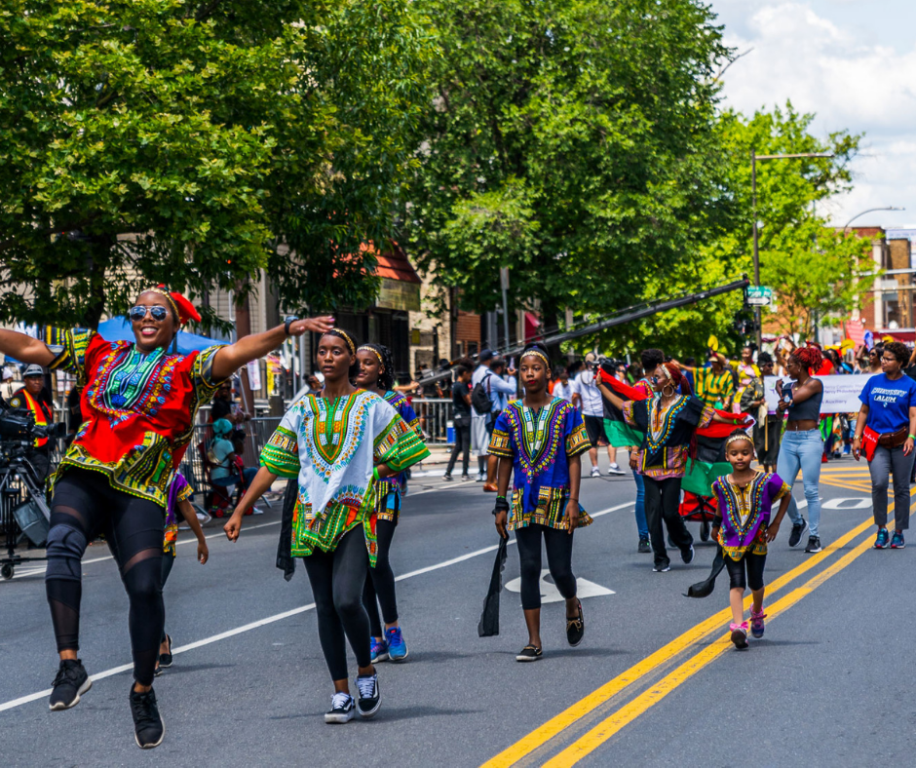What is Juneteenth?
Juneteenth, also known as Freedom Day, is celebrated on June 19th of every year and is now officially considered a federal holiday. This important day commemorates the day in 1865 that union soldiers, led by Major General Gordon Granger, landed at Galveston, Texas, with word that the Civil War was over and all previously enslaved people were now free.
While the Emancipation Proclamation was issued in 1863 by President Lincoln, it was not enforced in places like Texas as few Union troops were located there. This means that enslaved people in Texas were forced to endure another two and a half years of slavery, despite being freed by the proclamation.
In 1865, Generals Lee and Gordon finally garnered enough support to overthrow the resistance in Texas and mandate that the enslaved people living in Confederate states be freed. In short, Juneteenth celebrates the ending of slavery in the United States. Although, it is important to note that slavery was not officially ended nationwide until the 13th Amendment was passed in December of 1865.
The Cultural History of Juneteenth
Juneteenth’s cultural history is rich and significant, with Black communities celebrating this historic day through a variety of activities. Rodeos, fishing, barbecuing, and baseball are all traditional Juneteenth pursuits.
Food is another essential aspect of Juneteenth. Treats like strawberry soda were popular at the time, and therefore became synonymous with Juneteenth festivities. Barbecue is perhaps even more important; Juneteenth participants would center celebrations around their barbecue pits, sharing in the spirit and aromas that their ancestors might have experienced.
Attire also makes Juneteenth celebrations special and is often still taken seriously by participants. During the time of slavery, enslaved people were prohibited by law to wear certain kinds of clothing. When the first emancipation celebrations began, many former slaves rid themselves of their old, tattered clothes in favor of clothes taken from plantations, belonging to their former “masters,” as a sign of freedom.
Education on Black history is also an important Juneteenth activity as communities will often bring in guest speakers or elders to recount historic milestones of the past.
Why We Celebrate
As peaceful protests and social movements continue across the United States in response to police brutality and the unjust murders of Black people, it is crucial to recognize the historical significance of this holiday. Even after the 13th Amendment was passed, Black people have continued to face unbelievable obstacles and injustice in our nation. While Juneteenth celebrates a historic day of a movement towards equality, the fight is not over. We must continue to fight against injustice and support Black people and Black communities.
Today most states, including Indiana, recognize the holiday. In celebration of Juneteenth this year, Growing Places Indy will be hosting the Indy Night Market, a festival-style event series, on June 19, from 6 p.m. – 10 p.m. at the Pan Am Plaza. The festival will highlight Black local artists, creatives, food entrepreneurs, farmers, and chefs who contribute to the growth of a more equitable food system in Indianapolis.
Information in this blog post comes from National Geographic and Juneteenth.com.

